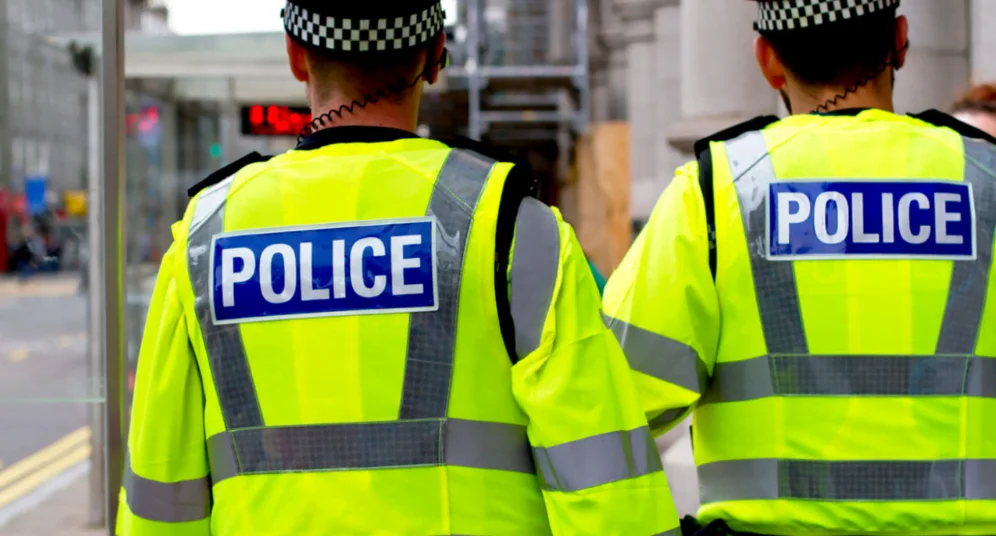Andy Gould of the NPCC said that the UK police had the ability to deal with illegal uses of crypto, but that they still had problems, such as getting people to join the private sector.

The detective chief superintendent for the National Police Chiefs’ Council in the United Kingdom said that all of the country’s police forces have officers who have been trained to investigate and seize cryptocurrencies.
During a debate on the U.K. Economic Crime and Corporate Transparency Bill on Oct. 25, Andy Gould of the NPCC said that the country’s police force had the ability but not the capacity to deal with economic crimes involving crypto.
He said that the government had spent £100 million, which was about $116 million at the time of publication, to hire “cryptocurrency tactical advisers across the whole of policing” over the past four years.
“There are now officers in every force and every regional organized crime unit who are trained and equipped to [investigate and seize crypto linked to crimes],” said Gould. “We have bought investigative tools on a national scale so that they can move forward with their investigations, and we have a national storage platform to store what we seize once we have it.”
The bill, which was announced by King Charles in May and brought to Parliament by U.K. lawmakers in September, was meant to get “dirty money” out of the country. It gave the government the power to “compel businesses to hand over information that could be related to money laundering or terrorist financing,” including information on crypto.
After Russia invaded Ukraine, the U.K. government said that the law was meant to punish people with ties to Russia and its President Vladimir Putin.
Gould also said that, even though the police could deal with illegal uses of crypto, they had to deal with problems like getting people to join the private sector and keeping up with the industry:
We are in a position where we have actually seized hundreds of millions of pounds worth of cryptocurrency assets within the last year or so. The challenge we have is that it is getting harder and harder to do. The assets themselves are becoming more diverse and more technically complex, so our officers are in a bit of an arms race trying to keep up
Even though the U.K. government has had three leaders in less than two months, with Boris Johnson and Liz Truss resigning and former Chancellor of the Exchequer Rishi Sunak becoming the country’s 57th prime minister on Oct. 25, parliament has continued to move forward with crypto-related legislation. The Financial Services and Markets Bill moved forward in the House of Commons. This is a step toward the U.K.’s goal of becoming a global crypto hub by regulating digital assets and stablecoins.
